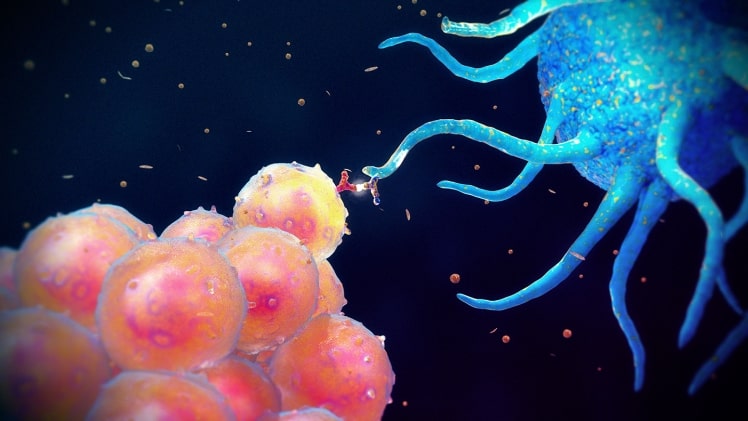We all wonder how the immune system protects our body from disease, but do we really understand how it works? The immune system protects us from diseases by thingnews creating antibodies, which are proteins that fight foreign substances in the body. Once produced, antibodies remain in the body and can fight similar antigens more efficiently. During our lifetimes, we are exposed to more bacteria and viruses, so our immune system becomes more powerful as we get older.
Our immune system is triggered by lactosas antigens, which are proteins on bacteria and fungi surfaces. Antigens attach to special receptors on our immune cells. These receptors then trigger a series of processes in our bodies. Antibodies recognize and destroy disease-causing germs and viruses, and then pass on the information to other parts of the immune system, leading to immunity against that particular disease.
The cells in the immune system are classified into B-cells, T-cells, and NK cells. They also produce white blood cells called neutrophils, monocytes, and macrophages. Antibodies are the major proteins produced by these cells, while signaling proteins called antibodies and complement proteins alert the T-cells. The immune system is not newsplanets fully understood, but we can understand how it works.
There are two types of immunity: innate and acquired. The former focuses on recognizing and pklikes neutralizing foreign substances. The adaptive immune system fights foreign cells, while the latter focuses on preventing diseases. This is why the immune system has two subsystems: the innate immune system and the adaptive immune system. When a pklikes com login infection is caused by a foreign agent, the immune system attacks the foreign cells.

